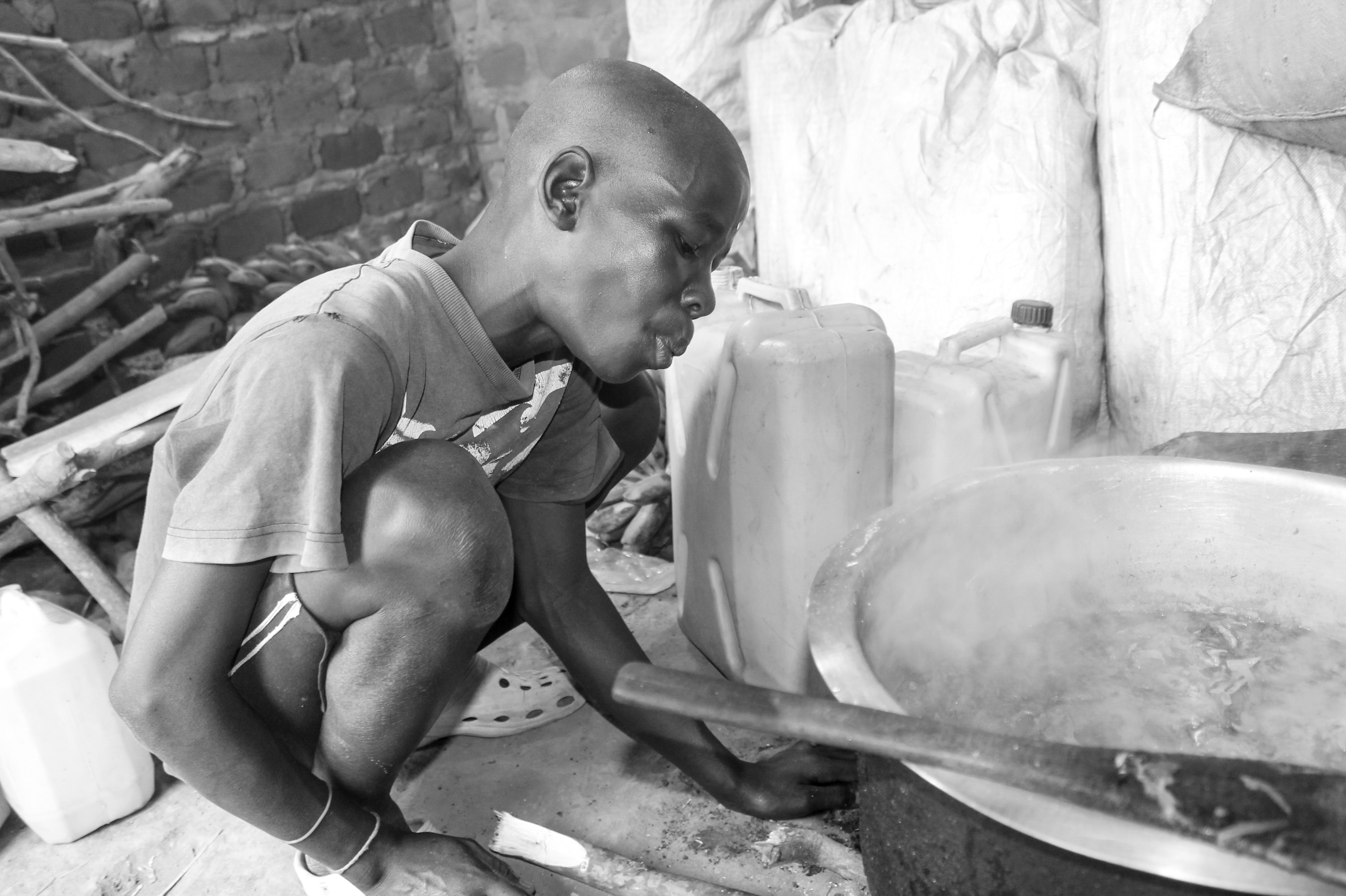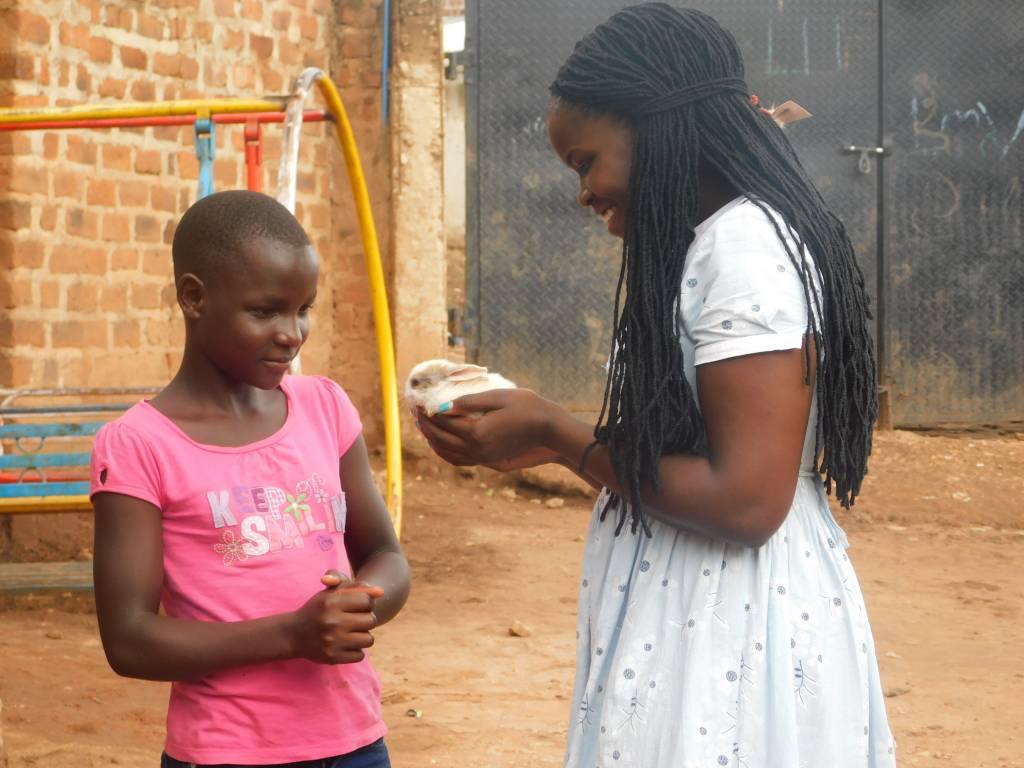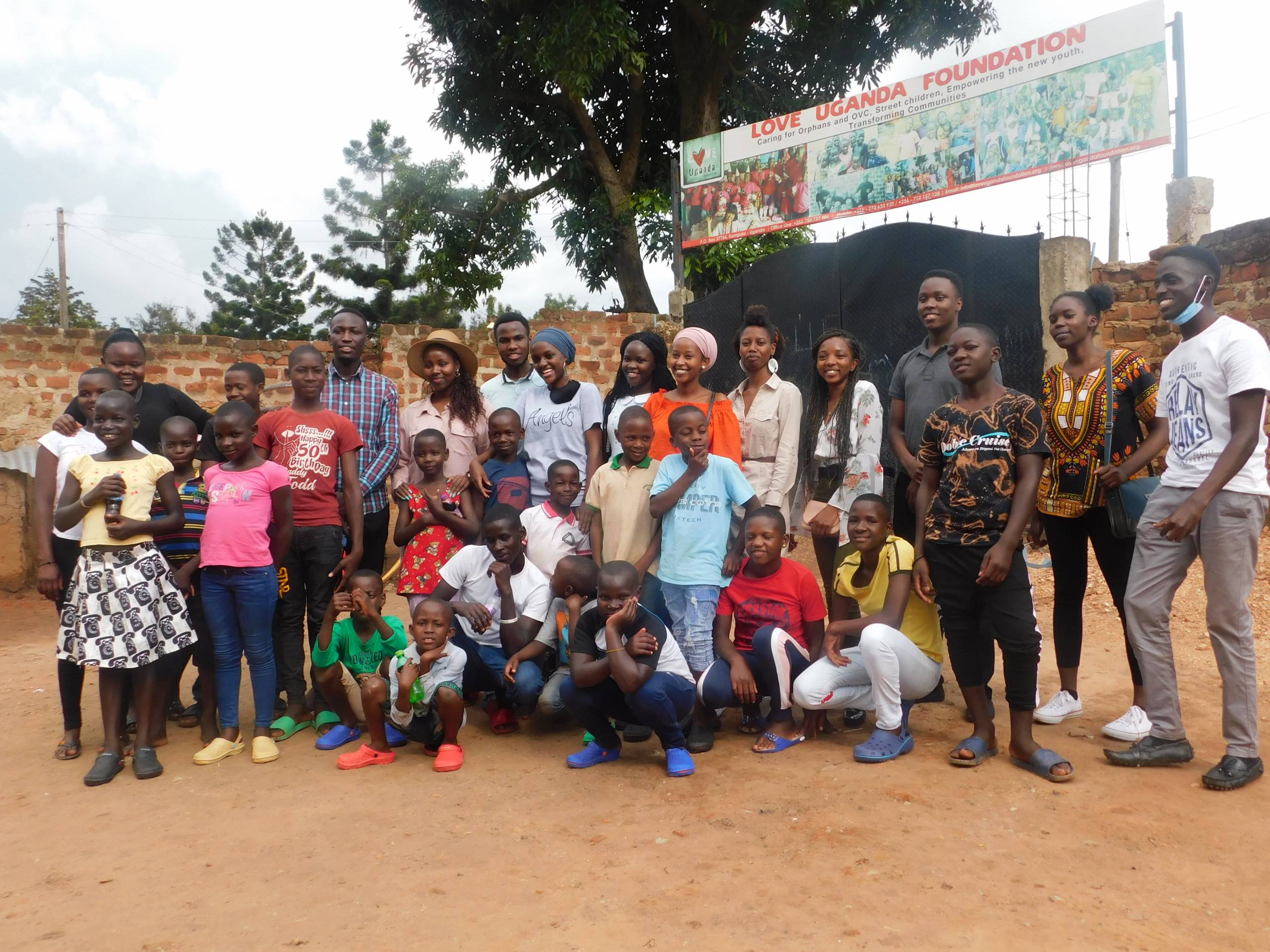PLAY AND CHILD DEVELOPMENT

CHILD NEGLIGENCE _ A DRIVER OF EVIL ACTS
May 18, 2021A LIFE CHANGING VISIT
August 2, 2021Play is a range of intrinsically motivated activities done for recreational pleasure and enjoyment. it is essential to development because it contributes to the cognitive, physical, social, and emotional well-being of children and youth. it also offers an ideal opportunity for parents to engage fully with their children.
Despite the benefits derived from playing for both children and parents, time for free play has been markedly reduced for some children. There is a growing body of research that shows a link between play and the development of cognitive and social skills that are prerequisites for learning more complex concepts as children get older. For example, play is linked to growth in memory, self-regulation, oral language, and recognizing symbols. It has been linked to higher levels of school adjustment and increased social development. Play has also been linked to increased literacy skills and other areas of academic learning (a view held by Piagetian and Vygotsky theories of child development).
Play is especially beneficial to children’s learning when it reaches a certain degree of sophistication. In other words, “unproductive” play happens not only when children fight and argue over who is going to be the “mommy” and who is going to be the “baby,” but also when the child who is “mommy” keeps performing the same routines with her “baby” day after day with no change. By contrast, play that has a potential for fostering many areas of young children’s development, including social and cognitive development, has the following characteristics:

Children development
1) Children create a pretend scenario by negotiating and talking to peers and use props in a symbolic way; and 2) Children create specific roles-and rules-for pretend behavior and adopt multiple themes and multiple roles.
When children engage in this kind of play for most of their early years, they learn to delay gratification and to prioritize their goals and actions. They also learn to consider the perspectives and needs of other people. They learn to represent things symbolically and to regulate their behaviors and act in a deliberate, intentional way.
IMPORNTANCES
Play allows children to use their creativity while developing their imagination, dexterity, and physical, cognitive, and emotional strength.
it is important to healthy brain development. It is through play that children at a very early age engage and interact in the world around them.
Play allows children to create and explore a world they can master, conquering their fears while practicing adult roles, sometimes in conjunction with other children or adult caregivers as they master their world.
It helps children develop new competencies that lead to enhanced confidence and the resiliency they will need to face future challenges.
Undirected play allows children to learn how to work in groups, to share, to negotiate, to resolve conflicts, and to learn self-advocacy skills.
When play is allowed to be child driven, children practice decision-making skills, move at their own pace, discover their own areas of interest, and ultimately engage fully in the passions they wish to pursue.
Ideally, much of play involves adults, but when play is controlled by adults, children acquiesce to adult rules and concerns and lose some of the benefits play offers them, particularly in developing creativity, leadership, and group skills.
In contrast to passive entertainment, it builds active, healthy bodies. In fact, it has been suggested that encouraging unstructured play may be an exceptional way to increase physical activity levels in children, which is one important strategy in the resolution of the obesity epidemic. Perhaps above all, play is a simple joy that is a cherished part of childhood.
Children’s developmental trajectory is critically mediated by appropriate, affective relationships with loving and consistent caregivers as they relate to children through play. When parents observe their children playing or join with them in child-driven play, they are given a unique opportunity to see the world from their child’s vantage point as the child navigates a world perfectly created just to fit his or her needs. (The word “parent” is used in this report to represent the wide range of adult caregivers who raise children.) The interactions that occur through playing tell children that parents are fully paying attention to them and help to build enduring relationships. Parents who have the opportunity to glimpse into their children’s world learn to communicate more effectively with their children and are given another setting to offer gentle, nurturing guidance. Less verbal children may be able to express their views, experiences, and even frustrations through play, allowing their parents an opportunity to gain a fuller understanding of their perspective. Quite simply, play offers parents a wonderful opportunity to engage fully with their children.
Play is integral to the academic environment. It ensures that the school setting attends to the social and emotional development of children as well as their cognitive development. It has been shown to help children adjust to the school setting and even to enhance children’s learning readiness, learning behaviors, and problem-solving skills. Social-emotional learning is best integrated with academic learning; it is concerning if some of the forces that enhance children’s ability to learn are elevated at the expense of others. Play and unscheduled time that allow for peer interactions are important components of social-emotional learning.



